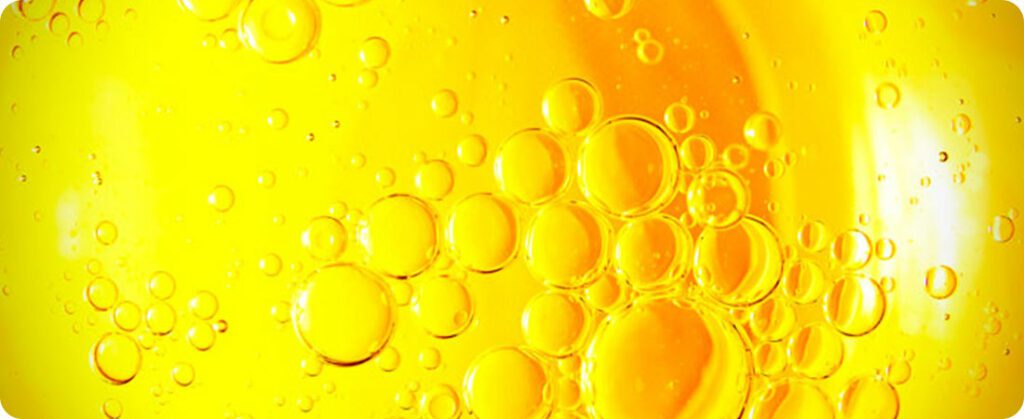
The ethanol market of corn in Brazil has, in fact, experienced significant expansion. From 2019 to the 2023/24 harvest, the share of corn ethanol in total production grew from 2% to 19%. Furthermore, estimates point to an increase of over 22% in the next two years. However, this scenario depends on the implementation of half of the projects studied by Itaú BBA.
According to the report, there are currently 22 new plants under development, including new projects and expansions of existing plants. If these projects are fully implemented, there will be an additional demand of over 14 million tons of corn. Consequently, this growth will require approximately R$20 billion in investment and an additional R$9 billion in working capital. However, with the increase in demand for corn, some regions, especially the Matopiba area, may face pressure on the supply of the grain.
Finally, Guilherme Novaes, agribusiness credit manager at Itaú BBA, highlights the potential of these projects: “Corn ethanol projects represent a significant opportunity for Brazil to consolidate itself as a leader in biofuel production, strengthen our energy matrix in a sustainable way and, in addition, boost the economy.”
Expansion of production and challenges for market absorption
The entry of these new plants into the ethanol market is expected to add more than 6 billion liters to total production. According to Itaú BBA’s Agro Consulting, the Brazilian market should be able to absorb this additional volume by 2028. Lucas Brunetti, an analyst at Itaú BBA, points out that there is still room for increased consumption of hydrated ethanol in the Otto Cycle, which includes gasoline and ethanol. This growth potential is especially notable in the states of the North and Northeast regions. Brunetti also highlights that stimulating corn production in these areas could contribute to balancing supply. This movement would be similar to what happened with the expansion of second-crop corn production in Mato Grosso.
Source: Itau BBA | Notícias Agrícolas














